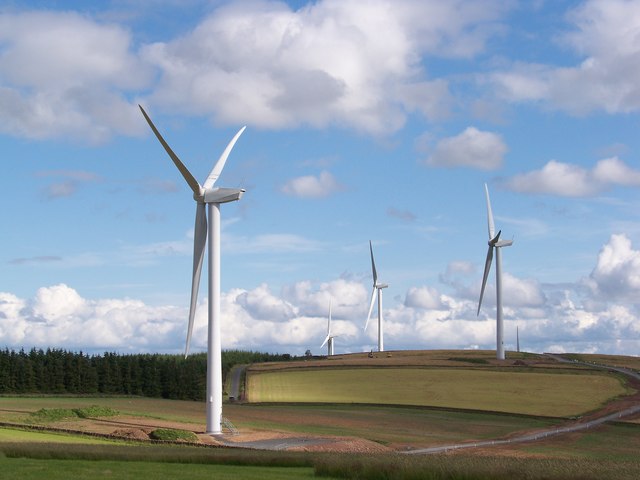As energy companies across England continue to push to develop shale gas resources, support for fracking is at its lowest point yet in the UK according to the government’s latest public attitudes survey.
Just 13 percent of those surveyed between September and October of this year said they supported shale gas development in Britain, with 36 percent opposing it. The main reason given by those opposing it was the “loss or destruction of natural environment.”
Meanwhile renewable energy continues to increase in popularity with just three percent of people opposing clean energy – an overwhelming 82 percent support it, up from 79 percent this time last year.
The statistics were published just days ahead of news that the first wave of Cuadrilla’s community benefit fund payments are set to be handed out to Lancashire residents living near the company’s fracking site.
Cuadrilla’s community payments, however, have been criticised by Green MEP Keith Taylor, calling them “immoral and tantamount to bribery” to win support for an industry which will contribute to the harmful impacts of climate change.
At the same time, a new study shows people in the UK are more likely to oppose fracking than those in the United States.
According to a study released this month in the journal Environmental Research Letters by a team of researchers from the University of Nottingham, Nottingham Trent University, Cardiff University, and Cornell University, people in the UK were more likely to associate negative environmental impacts – water contamination, higher carbon emissions and earthquakes – with fracking.
Those surveyed in the US were more likely to see fracking as a source of clean, cheap energy and a form of energy security.
However, both the study and the UK government’s latest survey identified a significant portion of people didn’t have an opinion on whether they support or oppose fracking. This leaves a “large undecided population whose views on this topic can be shaped further” the study states, whether that be through government efforts, campaign groups or corporate advertising.
Commenting on the latest statistics, director for the Energy and Climate Intelligence Unit, Richard Black, said that it’s notable that support continues to drop but added the challenges facing fracking in the UK haven’t changed since the industry started trying to test drill in Lancashire six years ago.
“Opposition from local people and environmental groups remains steadfast, and shale gas may be much more difficult to extract here than it is in countries like the US. And even if the geology allows significant gas extraction, the economic viability of shale is also a serious consideration, as imported gas is cheap right now.
“Lastly, there is the serious question of how developing a new fossil fuel industry in Britain is compatible with our climate change targets, a question which is all too frequently absent from the debate.”
Main image credit: James T M Towill via Wikimedia Commons CC BY–SA 2.0
Subscribe to our newsletter
Stay up to date with DeSmog news and alerts






